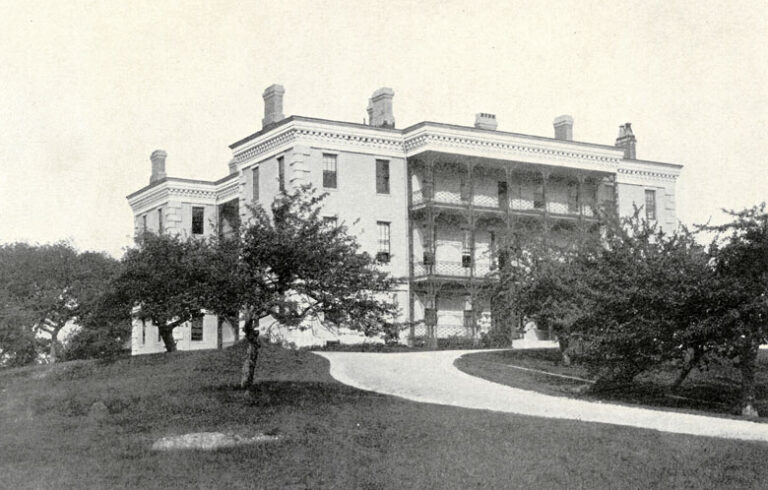Fire Exit: a Novel
By Morgan Talty (Tin House, 2024)
Native American history was in the news recently as President Biden traveled to the Southwest to formally apologized for the U.S. government’s treatment of Native people.
As we now know, children were taken from families and homes and placed in boarding schools whose primary goal was to re-educate and stop them from speaking their tribal language, practicing their cultural rituals, and knowing their own history. They were taught to look, act, and speak “white American,” and were subjected to insult, neglect, forced labor, and abuse.
Often, they remained cut off from their families afterwards, vulnerable to mental illness and addiction by the trauma they experienced.
Morgan Talty, a member of the Penobscot Indian Nation, grew up on its reservation near Bangor. His first book, out several years ago, was a brilliant collection of short stories, Night of the Living Rez. As the title implies, the stories described aspects of life on a reservation, families struggling with poverty, addiction, mental illness, and the community’s “painful past and uncertain future,” as liner notes put it.
Is his dilemma less about paternity and primarily about identity?
Talty brought a dry humor to the telling, which resonated with the popular television seriesv Rez Dogs, suggesting Natives have it so bad that finding humor is often the most helpful coping strategy.
Talty’s latest book, Fire Exit, is a novel set in the environs near the Penobscot reservation—in fact, just across the river—in sight of narrator Charles Lamosway. Charles grew up on the reservation, raised by a white mother and her husband, a Penobscot.
Charles is not a tribal member and had to move off the reservation and now in midlife, he looks longingly across the river to where the mother of his only child lives. That daughter and the Native man who passes as her father provides her with tribal membership. The daughter has grown up not knowing who her real father is.
The daughter met Charles once when she was very young. Now in her 20s, it seems she may have severe depression. It runs in Charles’ family and impacts his mother’s life; it seems both women are getting help for the condition.

Charles seems taciturn, withdrawn, unhappy. Some of it, we could guess, is due to the unresolved issue of having a daughter he must deny, banished by his daughter’s mother.
What does the title, Fire Exit, signal? To my mind, a fire exit means a way out, designated for emergencies, when you think or know the place where you are is dangerous.
Is this a metaphor for Charles, that the fire exit to his situation would be him actually taking action? He smolders with suppressed anger, but would he be better off inflamed? Why interfere with his daughter’s claim to tribal membership when
it is something he himself valued? Could he just convince himself that he is envious, that he begrudges what his daughter has that he wasn’t able to keep? Is his dilemma less about paternity and primarily about identity?
I am sure Talty wants us to grapple with the tense experiences in this sad story. It is a slog of a read—despite its literary agility—with a contagious mood of depression and inertia.
Charles sees his daughter as lucky, in a sense, that she—unchallenged on her lineage—can live on the reservation. It seems a counterpoint to what we saw in Night of the Living Rez, where a reader could conclude life on the reservation is unenviable: full of risks, dead ends, and feeling second-class.
Here in Fire Exit, leaving the rez is not a way out. Hard lives are everywhere, on the Penobscot River mainland as well as on the island.
If you haven’t read any of Talty’s writing yet, read both books. Talty offers a lot for us think about, and most effective of all, he makes things visceral—we can feel the angst defining lives.
Tina Cohen is a therapist who spends part of the year on Vinalhaven.





